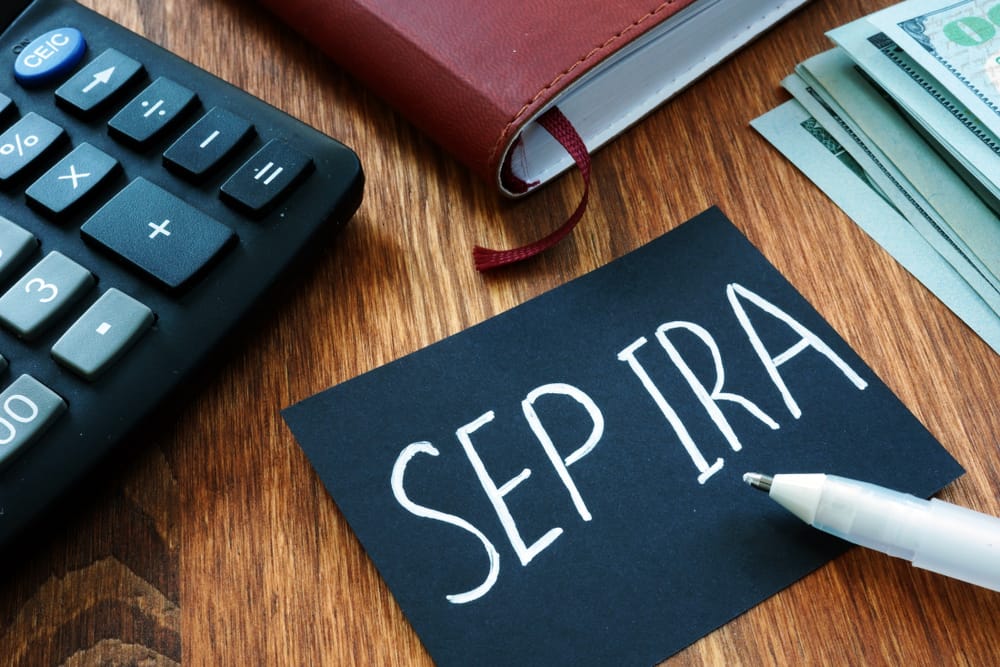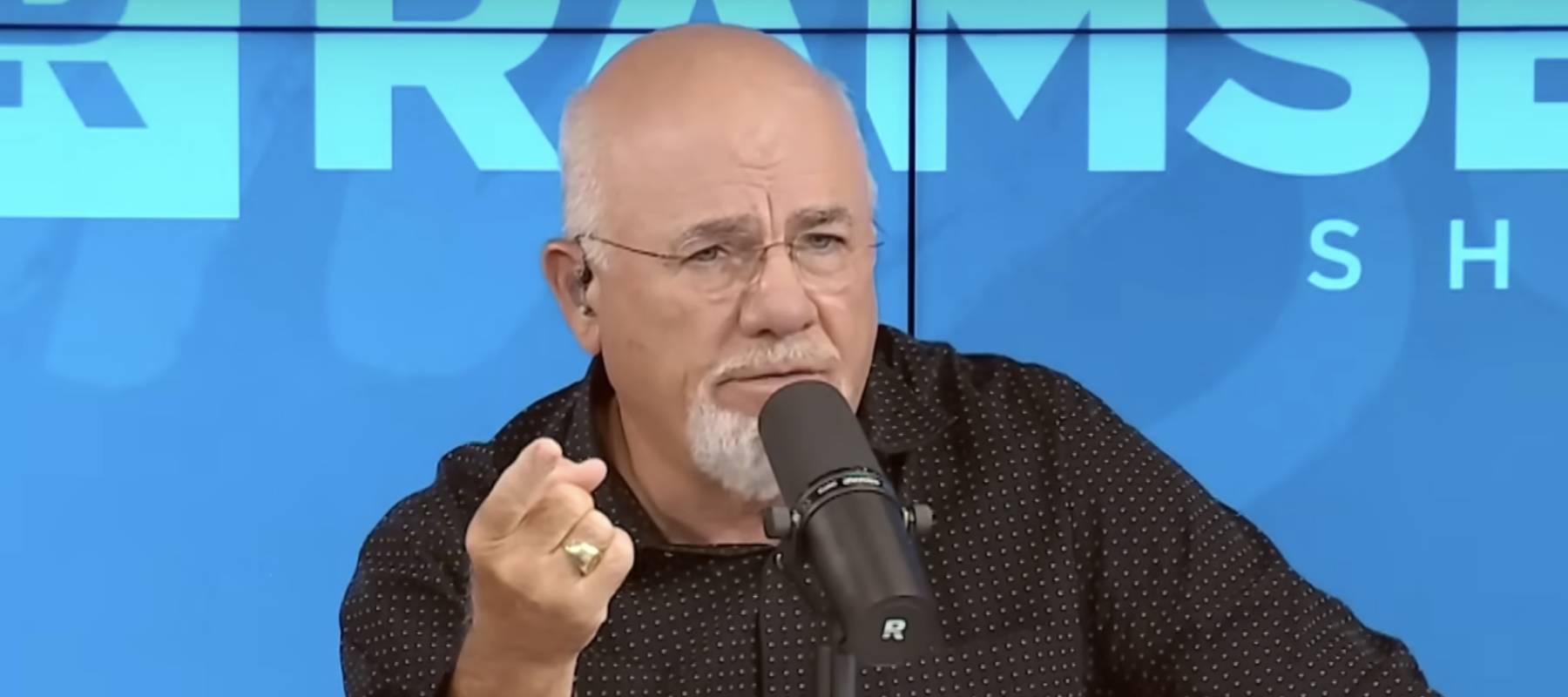
What is a SEP IRA?
Jack_the_sparow / Shutterstock
We adhere to strict standards of editorial integrity to help you make decisions with confidence. Please be aware that some (or all) products and services linked in this article are from our sponsors.
We adhere to strict standards of editorial integrity to help you make decisions with confidence. Please be aware that some (or all) products and services linked in this article are from our sponsors.
What's in a name? With a SEP IRA, a whole lot. SEP IRA stands for “simplified employee pension–individual retirement account.” It's a retirement account designed for small business owners and freelancers.
The name is more than a mouthful, and the account itself comes with a detailed and unique set of criteria.
How is a SEP IRA different from a Roth or Traditional IRA?
SEP IRAs are designed specifically for small business owners and freelancers. They're meant to act more like 401(k) plans than the more “regular” IRAs. However, SEP IRA rules are different from those of other IRAs.
Some of the significant ways that SEP IRAs differ from traditional or Roth IRAs are:
- SEP IRAs have a higher contribution limit that's tied to your income.
- Business owners with employees must contribute to a SEP on behalf of their employees.
- The percentage contributed is the same for all employees.
- Contributions are tax-deductible (different from a Roth IRA but the same as a traditional IRA).
- There are no catch-up contributions allowed for a SEP IRA.
SEP IRAs can also be combined with either a traditional or Roth IRA. This makes them an attractive option for people who already have a regular IRA.
Early withdrawals are taxed as income and subject to a 10% fee, just like regular IRAs. And as with the traditional IRA, you must take minimum required distributions from your SEP starting at age 70½.
Who can open a SEP IRA?
These plans are best for small business owners who have either no employees or just a few. Since you have to make contributions on behalf of eligible employees, it's best if you have a stable, cash-flowing business before opening a SEP if you employ workers.
Other than that, opening a SEP IRA is fairly straightforward. The IRS has a model form, called Form 5305-SEP, though this exact form need not be used. And in fact, there are times when you are not allowed to use this form, as explained on the IRS website.
Form 5305-SEP states that the business will make contributions on behalf of eligible employees. It also helps narrow down exactly how the contributions will work for your company. You provide a copy of the form to each employee, file it with the brokerage you've chosen, and you're off to the races!
Here are Moneywise's favorite IRA providers:
| Stock Brokers | Minimum Investment & Fees | Our Rank | Review |
|---|---|---|---|
| Ally Invest | Minimum Investment: $0Cost Per Stock Trade $0Options Cost Per Trade $0.50/contract | 4.5/5 | Read our review |
| Firstrade | Minimum Investment: $0Cost Per Stock Trade $0Options Cost Per Trade $0 | 4/5 | Read our review |
| TD Ameritrade | Minimum Investment: $0Cost Per Stock Trade $0Options Cost Per Trade $0.65/contract | 4.5/5 | Read our review |
| Vanguard | Minimum Investment: $0Cost Per Stock Trade $0Options Cost Per Trade $1/ contract | 4.5/5 | Read our review |
What are the contribution rules?
The SEP IRA rules for how much you can contribute are a little more complicated than other retirement accounts. First, the employer contribution percentage must be the same for all employees. The boss does not get to receive more than anyone else in the company. If the boss receives 10%, for example, every other employee also receives 10% of their income. The percentage must be the same, even if the employee does not contribute to their SEP IRA.
And of course, there is a maximum that can be contributed to the SEP IRA. For 2020, individuals can contribute up to $57,000 to their account ($56,000 for 2019).
This comes with a little caveat. Your annual SEP contributions cannot exceed the lesser of 25% of your annual compensation or $57,000. The rules go one step further and limit your compensation to the first $285,000 of income for each employee. That means the percentage of compensation each employee receives from the employer cannot be applied to any income earned over $285,000.
So if the employer contributes 10%, the employee can contribute up to an additional 15% of the first $285,000 they earn. But again, only to a maximum of $57,000.
All contributions are tax-deductible, and employer contributions are vested immediately. Also, employees manage their own investments through the SEP IRA. Once the account is open, you can invest in whatever options the brokerage has. There should be a wide variety of mutual funds and index funds, as well as bonds, so you can design a portfolio that works for you.
Who is eligible?
How does the IRS define eligible participants?
- Any employee who is 21 or older
- Has worked for you for three out of the past five years
- Has earned at least $600 from you in the past year
As the employer, though, you can make these numbers even more generous if you want. For example, you can lower the eligible age as low as you want. Or make employees eligible no matter how short a time they've worked for you.
Is a SEP IRA right for me?
SEP IRAs give small business owners the chance to supercharge their retirement investments. Since they have much higher contribution limits than regular IRAs, they can help people who have taken a chance on their own business dreams to create a secure retirement.
If your business has no employees and a steady income, and you're interested in lowering your taxable income, a SEP is a good choice.
There's no Roth option for a SEP IRA, so if you're a business owner who likes to pay their taxes on retirement contributions upfront, a SEP IRA may not be a good fit. Generally, a SEP is an excellent account for a higher-earning small business owner.
The final word
SEP IRAs are an excellent retirement investment account for small business owners. While the contribution rules are more complicated than with a traditional or Roth IRA, plan participants have the chance to tuck away significantly more for their retirement.
If you're in the market for a retirement plan that offers the chance for tax deductions and a high savings rate and doesn't require being an employee for someone else, a SEP IRA could be the perfect retirement account for you and your business.





